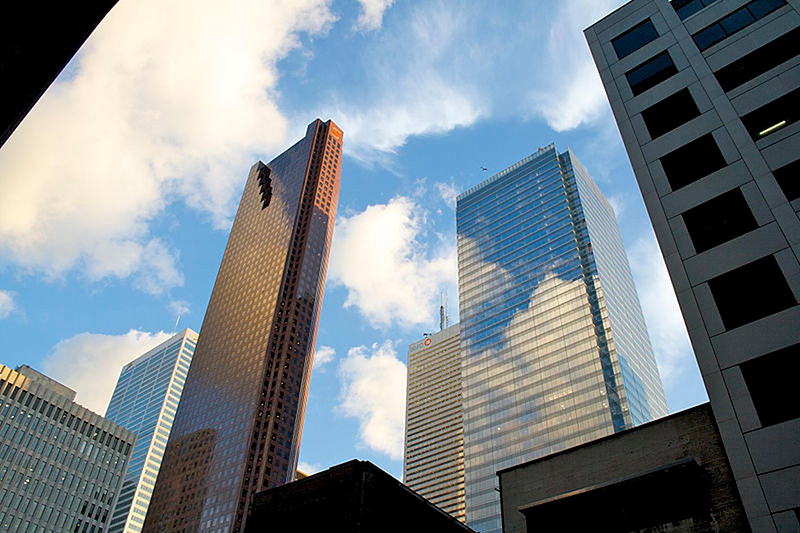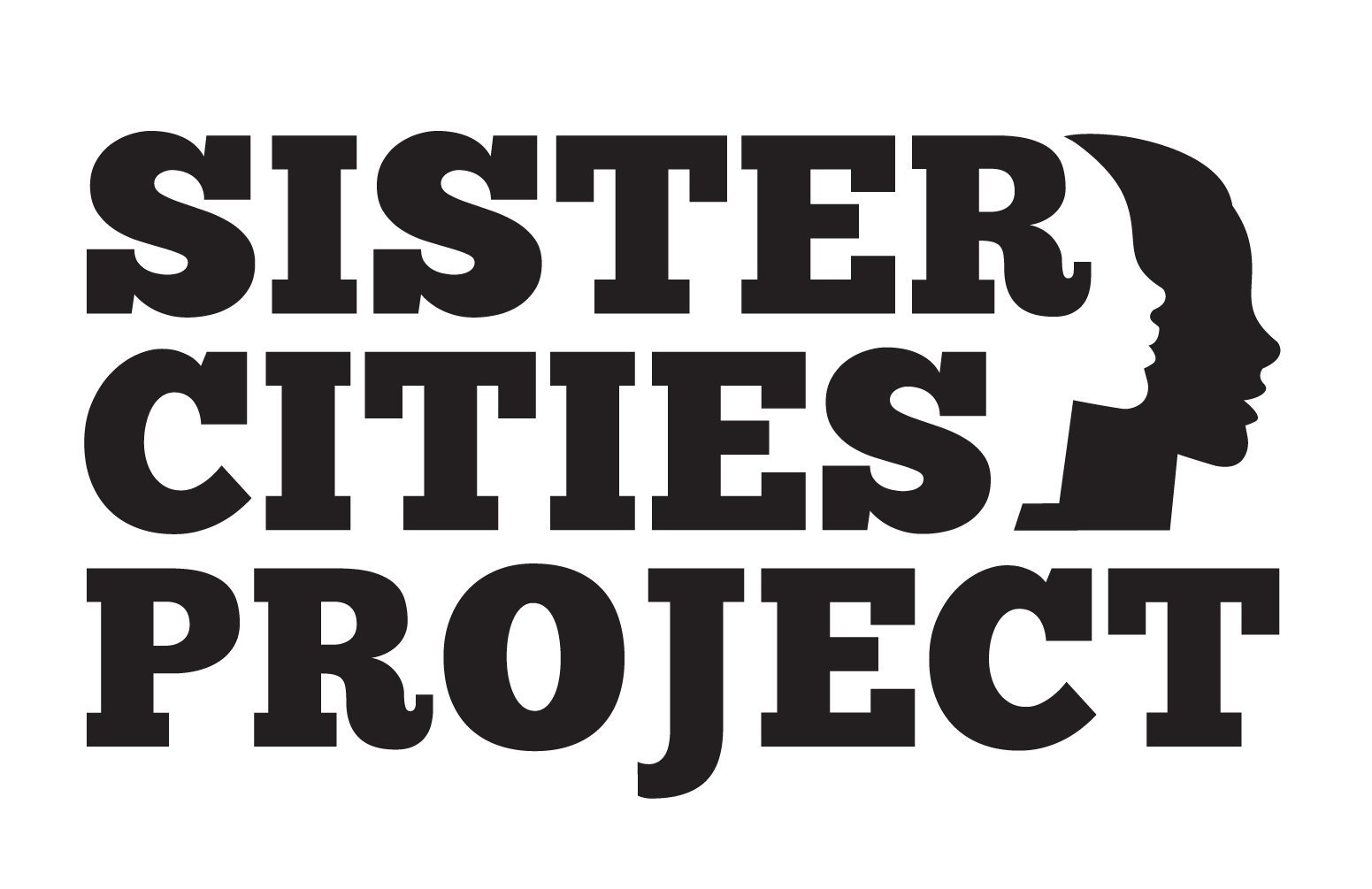
I wrote on Facebook and Instagram recently that I am jumping into the Corporate Social Responsibility and Diversity, Equity and Inclusion spaces. Although most people were excited for me and wished me the best of luck, I have no delusion that simply deciding to go between professions is not going to have it’s detractors that see it as an arrogant move for an individual with no real formal training in the space. I on the other hand, although aware of the work it will take to become relevant in the space, saw the move as necessary.
Necessary, because the fight for equality in America is one of our country’s biggest challenges. So although I will contend that I have been in this work forever, I am stepping forward because we need bold new ideas that are imagined and incubated outside the current framework that in my opinion is producing meager results. I know, I know, another dash of arrogance. Hey, I am not saying that I have all the answers or even that I can do better than all the capable professionals already in the space. What I do know is that I am crazy and brave enough to stand out front to call for change and offer bold ideas that hopefully become solutions. Ideas that have been cultivated from my youth to my present work with Sister Cities Project.
What Is Corporate Social Responsibility (CSR)?
Corporate social responsibility (CSR) is a self-regulating business model that helps a company be socially accountable—to itself, its stakeholders, and the public. By practicing corporate social responsibility, also called corporate citizenship, companies can be conscious of the kind of impact they are having on all aspects of society, including economic, social, and environmental. To engage in CSR means that, in the ordinary course of business, a company is operating in ways that enhance society and the environment, instead of contributing negatively to them
So corporate social responsibility is a business model where companies make a real effort to operate in ways that enhance rather than degrade society and the environment. So with that in mind, my initial thought having been a part of grassroots initiatives within these communities, I have seen first hand the true irony of a seemingly harmless fast-food restaurant sitting in an under-resourced community. Many of these corporations as a whole see massive revenue growth as the community they are in, in many cases deteriorates around them. I think that we should start to take a close look at this. Corporations within under-resourced communities should take a more active role in learning how to integrate themselves into the current community ecosystem. I use the word “current” because sometimes corporations play a role in contributing to gentrification which changes the community. The use of the word “Ecosystem” is used to point out that rarely do the contributions made involve work in enough critical areas within the community to make a real impact for the people that currently live there. Bottom line, these issues are complicated. So the blame does not fall squarely on any one corporation, solutions just need to be offered that present the value corporations need to see to fully embrace an impactful CSR program.
What Is DEI?
DEI stands for diversity, equity and inclusion. Diversity is the presence of differences within a given setting. Equity is the process of ensuring that processes and programs are impartial, fair and provide equal possible outcomes for every individual. Inclusion is the practice of ensuring that people feel a sense of belonging in the workplace.
So in terms of the two industries, DEI and CSR, my strategy is to offer solutions that combine the two by creating opportunities to strategically expand the internal DEI efforts into communities where resources are needed. By taking time to understand the unique needs of the community ecosystem a corporation can identify multiple areas, instead of just one activity to engage the community, embodying the goals of CSR and doing it in a way that aligns with the values of that company. We can do this together to create empowered corporations that are more than just businesses, they are champions of the community.


No Comments